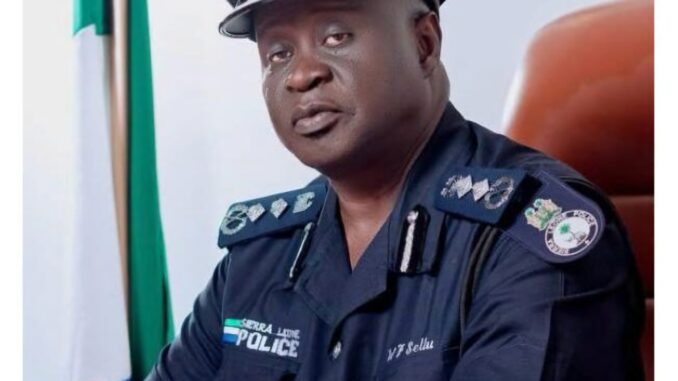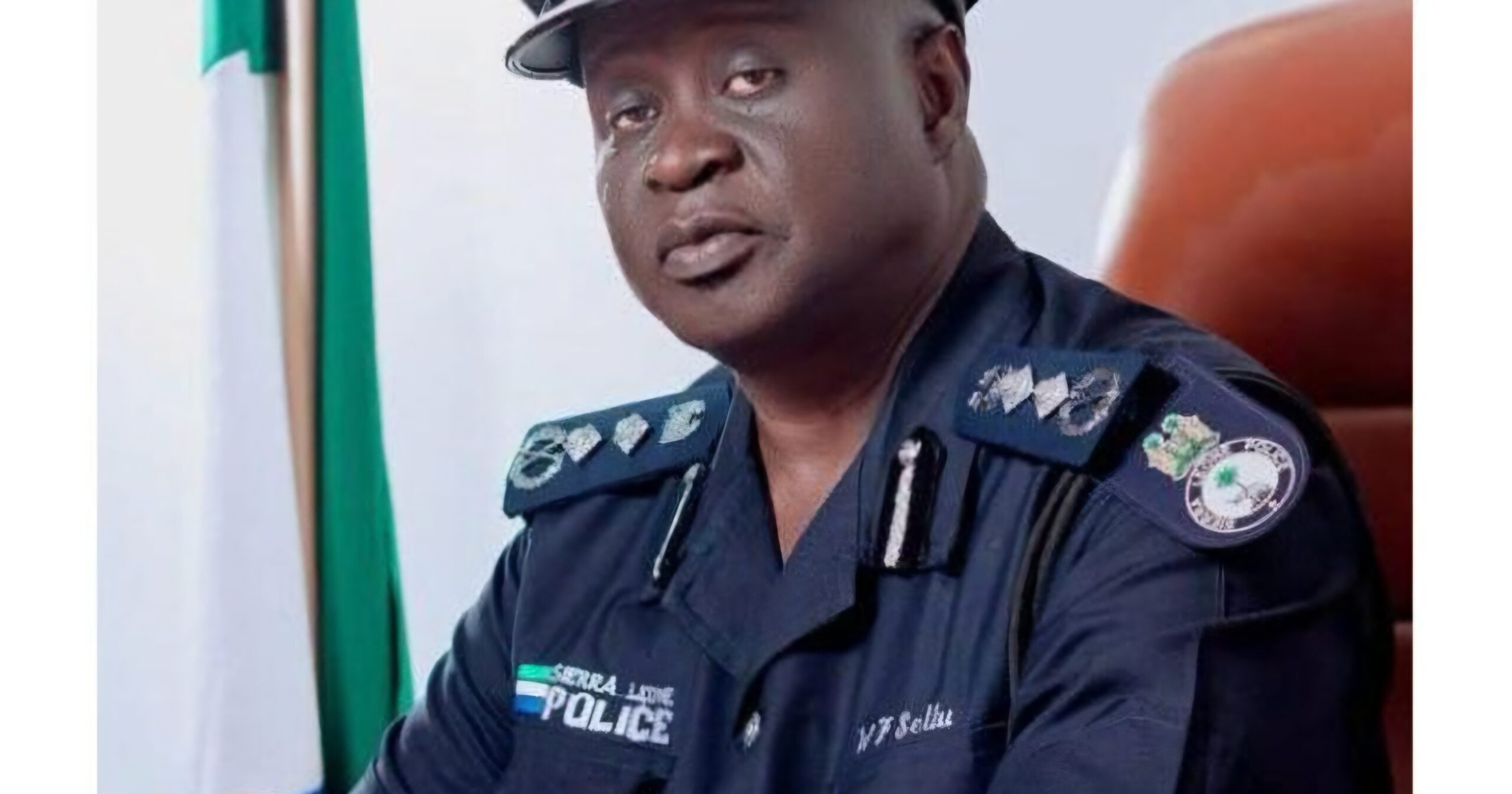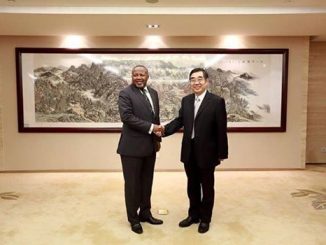
*Inspector General Fayia Sellu’s Intimidation Tactics Threaten Press Freedom*
*By Mackie M. Jalloh*
The Sierra Leone Association of Journalists (SLAJ) has raised alarm over an unsettling incident involving journalist Thomas Dixon and Inspector General of Police (IG) Fayia Sellu, which has once again highlighted growing concerns over the erosion of press freedom in Sierra Leone.
At the heart of the controversy is a Facebook post by Dixon, where he referred to the IG as “arrogant.” This remark, though arguably subjective, has been met with a disproportionate reaction from the country’s top police officer, who allegedly threatened Dixon with arrest. The IG’s response has sparked fears of escalating hostility toward journalists and the press at large.
SLAJ President Ahmed Sahid Nasralla revealed that the IG had contacted him directly, expressing frustration over the post and alleging that Dixon had misrepresented him despite a prior phone conversation to clarify the issue. Rather than seeking lawful redress through appropriate channels, the IG reportedly raised the prospect of arresting Dixon, a move that SLAJ has described as heavy-handed and indicative of a troubling pattern of intimidation against the media.
In response to the IG’s threats, Nasralla intervened, urging him to explore legal alternatives such as filing a complaint with the Independent Media Commission (IMC) or addressing the matter through SLAJ. While the IG eventually reconsidered the arrest, the damage was already done. Dixon, fearing for his safety, was forced to vacate his residence—a stark reminder of the precarious position journalists occupy in Sierra Leone.
Despite assurances from the IG that he would not proceed with the arrest, SLAJ remains deeply concerned. Nasralla engaged with both the Minister of Information and Civic Education and the IMC Chairman to seek clarity on the situation and ensure Dixon’s safety. However, the fact that a journalist had to go into hiding over a Facebook post is a glaring indictment of the current state of press freedom in the country.
SLAJ has now demanded a public guarantee from the IG to ensure Dixon’s safety and allow him to resume his professional duties without fear of retaliation. This incident, SLAJ argues, underscores the growing need for accountability and respect for journalists’ rights in Sierra Leone.
“Threatening a journalist with arrest over criticism is not just an attack on the individual but an attack on the free press as a whole,” SLAJ emphasized in its statement.
The IG’s actions, critics say, reflect a broader trend of hostility toward the media, which undermines democratic values and silences dissenting voices. SLAJ has called on all stakeholders, including the government and civil society, to stand firm in defending press freedom and ensuring that such abuses of power are not repeated.
As the situation unfolds, the incident serves as a sobering reminder of the fragile state of press freedom in Sierra Leone, where even the mildest criticism of authority can provoke retaliation.





Leave a Reply